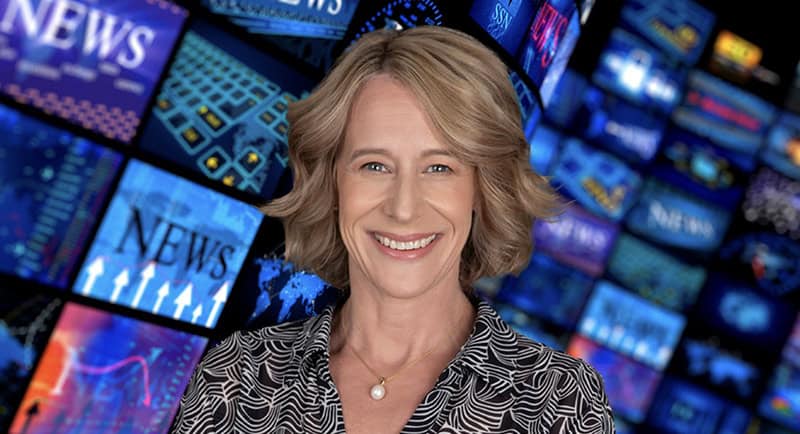Career dissatisfaction has hit a three-year high for professional women in media, according to The Women in Media Industry Insight Report 2024.
Over half (57%) of women in media are unsure or explicitly dissatisfied with their career progress, and more than one-third (35%) are contemplating leaving their jobs. Driving these numbers are concerns about pay and a lack of opportunities for promotion.
Worryingly, these numbers have risen compared with last year’s report – 49% of women with 5-10 years of experience said they are not progressing as desired, up 11% from 2023. 47% of early-career women are dissatisfied, up 23%.
Petra Buchanan, strategic advisor to Women in Media, told Mediaweek that behind the rates of dissatisfaction are “current financial pressures in the economy” that are “bringing issues about pay to the forefront.”
“Year-on-year increases in dissatisfaction among women in the media industry are primarily driven by a combination of factors such as career stagnation, pay inequity, and limited opportunities for advancement,” Buchanan said.
“This dissatisfaction is exacerbated by a perceived weak commitment to gender equality within the industry, as well as fears regarding the availability of senior roles and potential redundancy.”
The statistics aren’t something to be brushed over, with Buchanan stressing that employers should be “highly concerned” by these numbers, as they indicate “a significant risk of losing talented women from the workforce.”
“With 35% of women considering quitting their jobs, particularly among senior and mid-career professionals, the industry faces a potential talent drain that could impact productivity and innovation.
“The dissatisfaction related to pay, lack of growth opportunities, and a supportive environment suggest that without substantial changes, media organisations could struggle to retain and attract skilled women, leading to a more profound gender imbalance and lack of representation in the media sector.”
The report does provide ways for employers to address these concerns, with suggestions including creating an environment where women feel engaged, and addressing the gender pay gap.
Australian Bureau of Statistics figures from November 2023 indicate that, on average, Australian women make $268.95 less than men per week, a gap of 7% – this rises to a pay gap of 9% on average weekly earnings ($409.40) for women working in the Information Media and Communications industry.
Buchanan admits that reversing these trends “will indeed be challenging but not impossible.”
“It requires a concerted effort from employers to address systemic causes of dissatisfaction, creating a more equitable workplace where women can thrive and transition into leadership positions.
“Key actions include enhancing transparency and a commitment to gender equality, providing clear pathways for career progression, offering competitive pay, and fostering a supportive work environment.
“Additionally, prioritising upskilling opportunities in emerging areas like artificial intelligence, podcasting, and digital technology can help retain talent and support career aspirations of women in media.”
This year’s Industry Insight Report leads into the Women in Media’s National Conference, due to be held on 9 August. Headlining the event will be Justice Michael Lee of the Federal Court of Australia in conversation with Women in Media patron Ita Buttrose AC OBE.
–
Top image: Petra Buchanan
